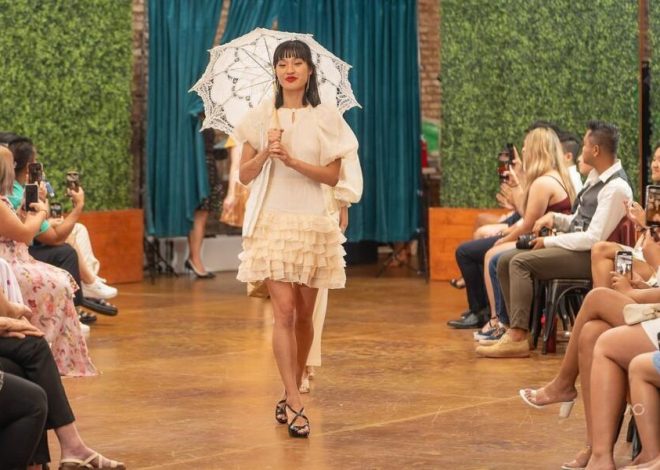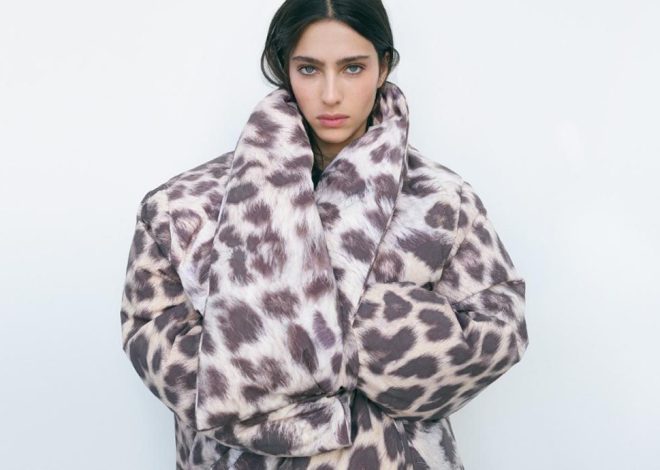
Upcycled fashion show in Ghana offers blueprint for the world
To become a Vogue Business Member and receive the Sustainability Edit newsletter, click here.
On a makeshift runway in a public park in downtown Accra on 29 October, models donned looks from five emerging designers that merged traditional artistry with contemporary design using textile waste coming from — or pawned off by — the Global North.
The Obroni Wawu October (OWO) event, which also included thrift vendor pop-ups and DJ sets, shone a spotlight on Ghana’s upcycling ecosystem. The event organisers make clear that while upcycling and sustainability have become trending topics in the fashion industry more broadly, in Ghana they represent long-standing tradition, as well as a lived reality. For them, OWO was part fashion show, part celebration of these principles in practice. It could also serve as a blueprint for fashion weeks elsewhere to follow — if the industry pays attention.
“Ghanaians have always had sentimental value for fashion and textiles,” says Sammy Oteng, senior community engagement manager at non-profit The Or Foundation and lead organiser of the event. “These young designers, the work they are doing, it is not because of what is happening now in the fashion industry or what is trendy. It’s something that has been part of our cultural fabric for the longest time. They are carrying on things that were pioneered by our forefathers or ancestors a very, very long time ago.”
The show featured the collections of five designers — Titus Doku, creative director of emerging brand Calcul; Rebecca Naa Korkor Mensah of Nakoi; Charles Doziah of Xtreet Guidance; Felix Wahab Owusu of OldyBlaq; and Emmanuel Tetteh of Antydote — who sourced their materials from Kantamanto, a sprawling market in Accra. The market has become notorious for the volumes of secondhand clothes that run through it, but it has an important history in the city and in Ghanaians’ lives and has helped to shape the local economy as it stands today. “Kantamanto is an ecosystem. You can buy clothes there, you can get a haircut, you can buy food, you can get your nails done, there’s even a shower space there. There’s so many things you can do at Kantamanto,” says Oteng.
Photo: Elroy Salam via The Or Foundation

